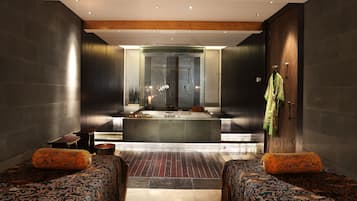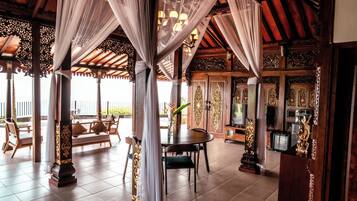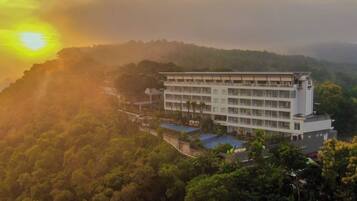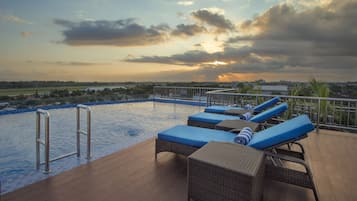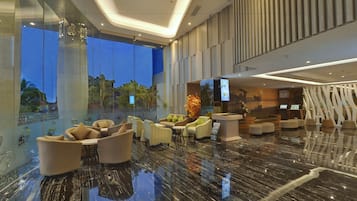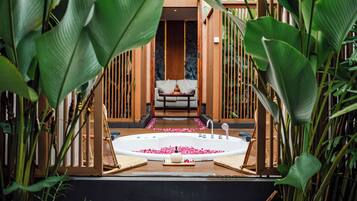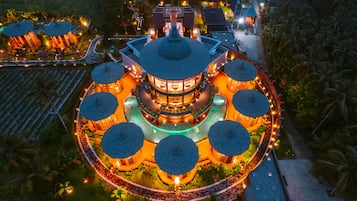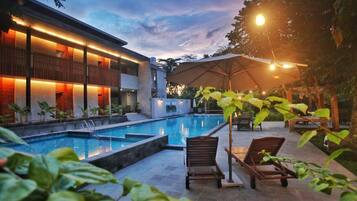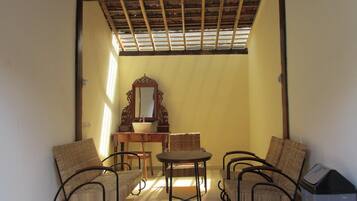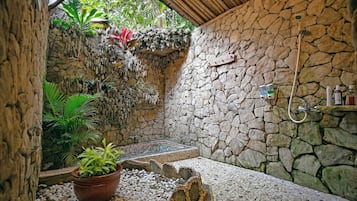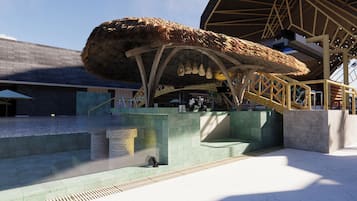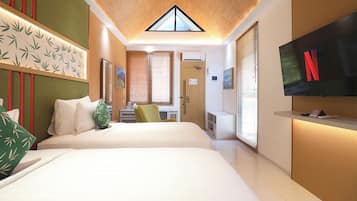Photo by Sharrie Shaw
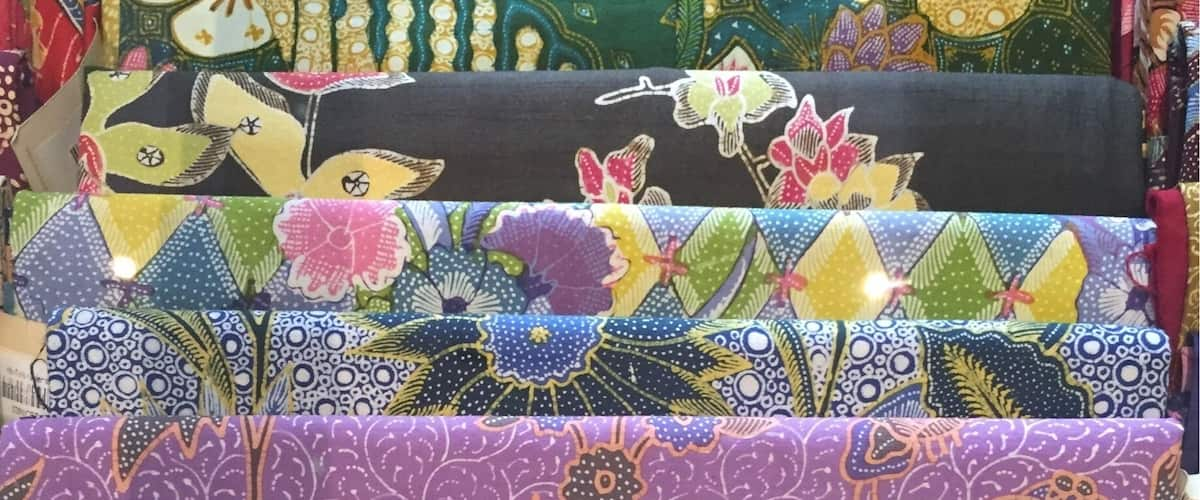
Find Resorts & Hotels with Spas in Tegalrejo
- Change your mindBook hotels with free cancellation
- Be pickySearch almost a million properties worldwide
Check availability on Tegalrejo Resorts & Hotels with Spas
Our top choices for Tegalrejo hotels with a spa
The price is NT$3,531
NT$4,272 total
includes taxes & fees
Jan 25 - Jan 26
The price is NT$3,237
NT$3,917 total
includes taxes & fees
Feb 6 - Feb 7

10.0 out of 10, Exceptional, (1 review)
The price is NT$2,240
NT$2,710 total
includes taxes & fees
Jan 26 - Jan 27

8.6 out of 10, Excellent, (65 reviews)
The price is NT$882
NT$1,067 total
includes taxes & fees
Jan 21 - Jan 22

9.4 out of 10, Exceptional, (155 reviews)
The price is NT$4,287
NT$5,187 total
includes taxes & fees
Feb 1 - Feb 2
The price is NT$5,051
NT$6,112 total
includes taxes & fees
Jan 20 - Jan 21
The price is NT$1,653
NT$2,001 total
includes taxes & fees
Jan 20 - Jan 21
The price is NT$542
NT$656 total
includes taxes & fees
Jan 20 - Jan 21
Lowest nightly price found within the past 24 hours based on a 1 night stay for 2 adults. Prices and availability subject to change. Additional terms may apply.
Top Tegalrejo Hotel Reviews

Swiss-Belboutique Yogyakarta
10/10 Excellent
